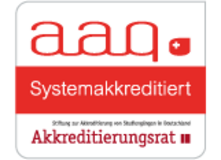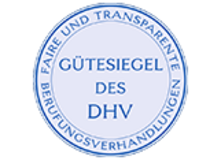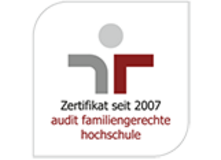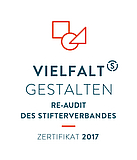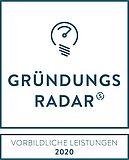Due to the modern digital options of offer, science is continually producing an increasing amount of research data. It is for this reason that the question of further usage of research data in upcoming research projects is becoming more present. The data needs to be of high quality for such usage and the relevant preparation, management and provision of research data has become one of the main challenges in the field. The aim of the new project is therefore to develop standard protocols – so-called Domain Data Protocols (DDPs) – for the handling of research data from the area of education research.
Expertise for Flexible and Adaptable Solutions
DDps are public and quotable protocols for the management of varying types of data such as interviews and standardized surveys. They describe aspects of the data quality, preparation, documentation and work organization, as well as legal and ethical perspectives related to the research. Researchers can use such protocols as guidelines during planning of and application for research projects. Said protocols also support research funding bodies during assessments.
The “Domain Data Protocols (DDP) for empirical educational research” project is planned for a duration of three years, beginning on June 01, 2019. The project will be coordinated by GESIS – Leibniz Institute for the Social Sciences and joins participants from the field of empirical educational research. The majority of said participants are already cooperating within the “Verbund Forschungsdaten Bildung” (Network of Education Research Data), which already offers jointly coordinated data services for researchers. QUALISERVICE will enrich the project network with its expertise with regard to qualitative data.
QUALISERVICE is located within the SOCIUM Research Center on Inequality and Social Policy at the University of Bremen and is led by Prof. Dr. Bettina Hollstein. The archiving is organized together with the certified World Data Center PANGAEA and the Bremen State and University Library (SuUB). A coordinated and mutual reference system for mixed-methods studies will be developed together with GESIS – Leibniz Institute for the Social Sciences. Since 2019, QUALISERVICE has been working together closely with the Humboldt University Berlin library as part of the Special Subject Collection Folklore Studies and Ethnology (FID SKA).
Further information:
http://www.qualiservice.org/ (in German only)
Contact:
Dr. Kati Mozygemba
Research Assistant
University of Bremen
SOCIUM Research Center on Inequality and Social Policy
Phone: +49 421 218-57052
Email: kati.mozygembaprotect me ?!uni-bremenprotect me ?!.de








